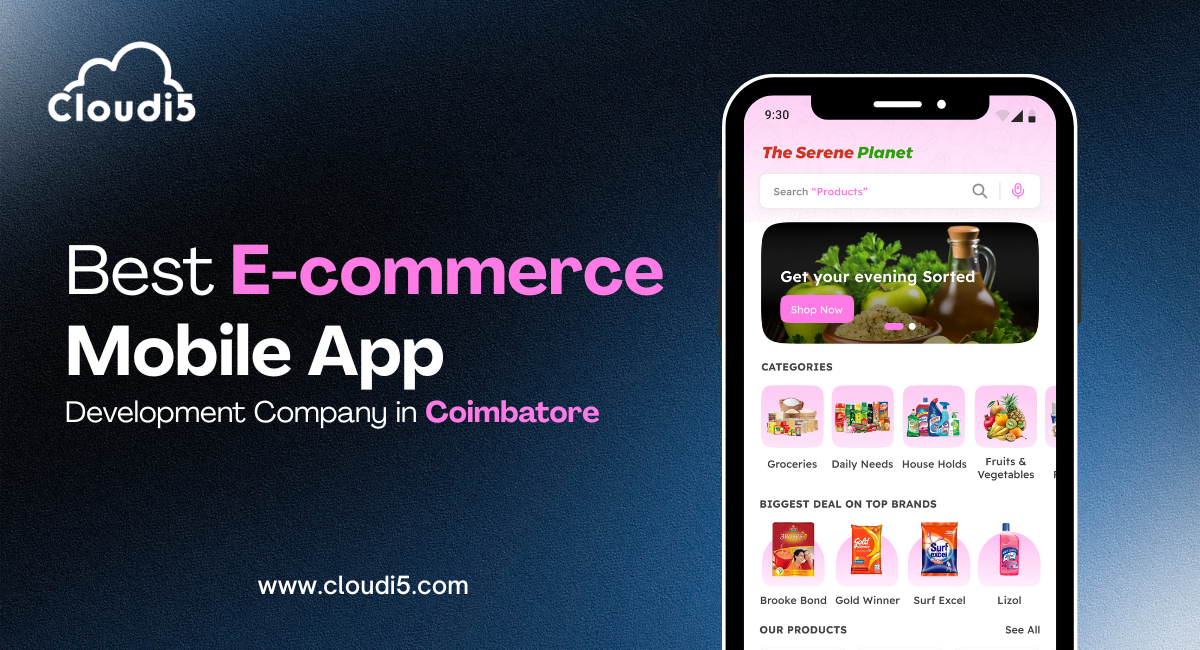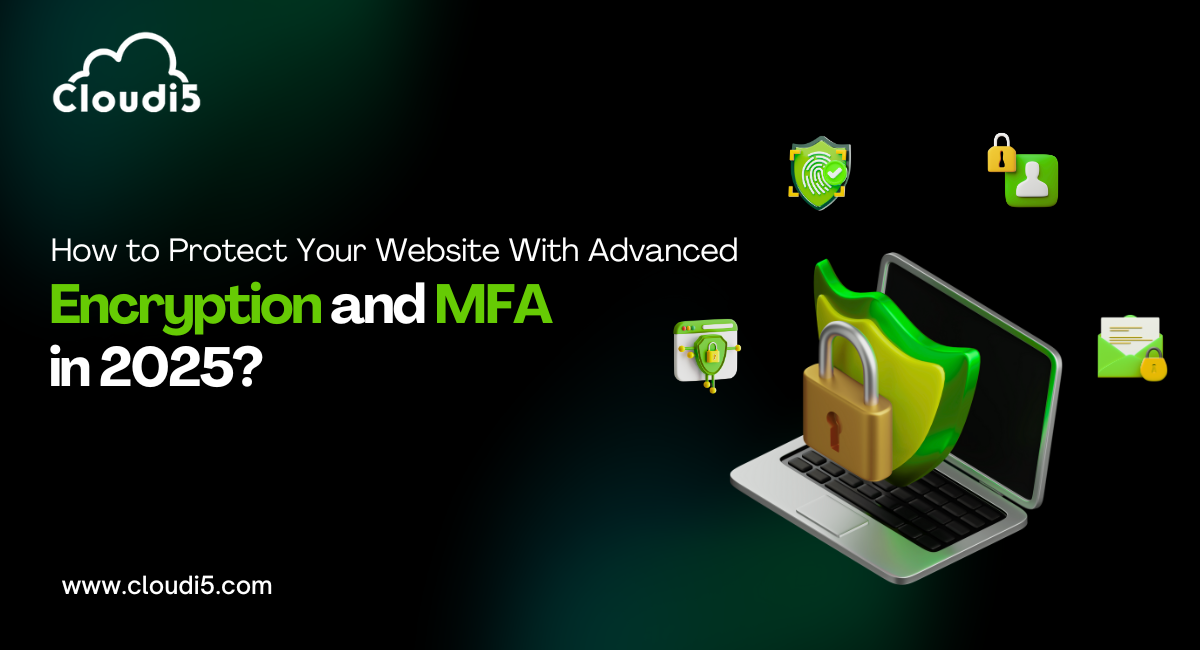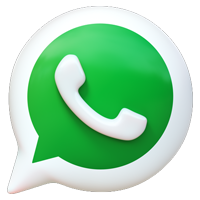
The Ultimate Guide To Blockchain Marketing In 2025
The Blockchain Revolution is here, and it's transforming how we do business. For marketers, blockchain brings a new range of tools and opportunities. From verifying ad impressions to creating token-based loyalty programs, blockchain can help you build trust, improve efficiency, and create innovative marketing strategies.
In this blog, we'll explore how blockchain can be practically applied in marketing, discuss the challenges and benefits, and offer simple tips to help you navigate this growing field.
What is Blockchain?
Blockchain is a digital technology that stores information in a way that is nearly impossible to hack or change. It works like a shared digital notebook that many people can use, but no one person controls. Instead of having one central authority, blockchain relies on a network of computers (called nodes) to keep everything running smoothly.
Key Features:
- Decentralization: No single person or company controls the blockchain, which helps prevent censorship and manipulation.
- Security: The use of cryptography keeps data safe and prevents unauthorized access.
- Transparency: All transactions on a blockchain can be seen by everyone, ensuring openness and accountability.
How Blockchain Differs from Traditional Systems?
Unlike traditional systems, which are managed by central authorities (like banks or governments), blockchain is decentralized. This makes it more secure, transparent, and difficult to censor. Also, once a transaction is recorded on the blockchain, it cannot be changed, making it tamper-proof.
The Blockchain Ecosystem
The blockchain world includes different types of participants:
- Developers: These are the people who create and maintain blockchain networks, apps, and smart contracts.
- Investors: They provide money to fund blockchain projects and startups.
- Businesses: Companies are using blockchain to improve how they work and to create new products and services.
- Users: People who use blockchain applications, such as digital wallets and decentralized exchanges.
Challenges and Opportunities
The blockchain industry faces several challenges:
- Scalability: As more transactions happen on a blockchain, it can become harder to process them quickly and efficiently.
- Regulation: Rules for blockchain are still being developed, and unclear regulations can create uncertainty for businesses.
- Energy Consumption: Some blockchain networks, like Bitcoin, use a lot of energy to operate.
Despite these challenges, blockchain offers significant opportunities:
Pros:
- Increased Security: Blockchain’s decentralized nature and cryptography make it very secure.
- Enhanced Transparency: All transactions are visible, ensuring honesty and accountability.
- Reduced Costs: Blockchain can lower transaction costs and cut out middlemen.
- Increased Efficiency: It can streamline processes and improve efficiency across different industries.
Cons:
- Scalability Issues: Handling a large number of transactions can be challenging for blockchain.
- Regulatory Uncertainty: The evolving rules around blockchain can create uncertainty for businesses.
- Energy Consumption: Some blockchains, like Bitcoin, use a lot of energy.
Overall, while blockchain technology has its challenges, its potential benefits make it an exciting area for innovation and growth.
Blockchain Marketing in 2025
What is Blockchain Marketing?
Blockchain marketing is the use of blockchain technology to promote and sell products or services. This approach leverages the unique benefits of blockchain—like decentralization, security, and transparency—to create innovative marketing strategies and build trust with customers.
Key Aspects of Blockchain Marketing:
- Tokenization: This involves creating digital tokens that represent assets or services. These tokens can be traded on blockchain platforms, offering new ways to engage customers.
- Smart Contracts: These are self-executing contracts that automatically enforce the terms of an agreement. In marketing, they can be used to automate processes, ensuring transparency and efficiency.
- Decentralized Advertising: Blockchain-based advertising networks help prevent ad fraud and ensure that advertising is transparent, so marketers know exactly where their ads are being shown.
- Data Privacy: Blockchain can be used to protect customer data, making sure it’s secure and complies with privacy regulations.
- Community Building: Blockchain projects often focus on creating strong communities through social media, events, and online forums, which helps to build loyalty and engagement.
How Blockchain Impacts Marketing:
Blockchain has the potential to change marketing in several key ways:
- Building Trust: Blockchain's transparency and security help build trust with customers, as they can verify the authenticity of products and services.
- Improving Efficiency: Smart contracts can automate marketing tasks, reducing the time and costs involved in campaigns.
- Creating New Opportunities: Tokenization and decentralized advertising open up new marketing channels, offering more ways to reach and engage customers.
- Protecting Data Privacy: As data privacy becomes more important, blockchain provides a secure way to handle customer information.
Key Trends in Blockchain Marketing for 2025:
- Increased Adoption of Tokenization: More businesses will start using digital tokens to represent their assets and services, offering new ways for customers to interact with brands.
- Growth of Decentralized Advertising: Advertising networks built on blockchain will become more popular, as they offer greater transparency and reduce the risk of fraud.
- Focus on Data Privacy: With stricter privacy regulations, blockchain will play a crucial role in protecting customer data and ensuring compliance.
- Integration with Other Technologies: Blockchain will be combined with technologies like artificial intelligence and augmented reality to create more innovative and personalized marketing experiences.
By understanding blockchain technology and how it can be applied in marketing, you can create effective strategies to reach your audience and drive growth in the competitive market.
Using Blockchain for Community Engagement
- Social Media Integration: Use blockchain to create interactive campaigns on social media. Reward users for engaging with your content, like liking, sharing, or commenting.
- Gamification: Create blockchain-based games or challenges to encourage participation. These games can help build a strong community around your brand by making interactions fun and rewarding.
- Tokenized Rewards: Offer digital tokens as rewards for specific actions, like subscribing to a newsletter, sharing content, or participating in a contest.
Example: Creating a Blockchain-Based Game
- Game Concept: Develop a simple game that connects with your brand or product. For example, if you sell fitness gear, create a game focused on fitness challenges.
- Token Rewards: Players can earn tokens as they complete levels or reach certain milestones in the game. These tokens could be exchanged for discounts, exclusive content, or other rewards.
- Social Media Integration: Encourage players to follow your social media channels or share the game with friends to earn extra rewards. This helps spread the word about your brand while keeping the community engaged.
By using blockchain for community engagement, you can create a more interactive and rewarding experience for your customers, making them more likely to stay connected with your brand.
Effective Blockchain Marketing Channels
Content Marketing
- Create Valuable Content: Make useful content like blog posts, whitepapers, infographics, and videos that help people understand blockchain and what you offer.
- Optimize for SEO: Ensure your content is designed to appear in search results so more people can find it.
- Distribution: Share your content on social media, forums, and other relevant sites to reach more people.
Social Media Marketing
- Build a Community: Engage with your audience on social media platforms like Twitter, LinkedIn, and Reddit to create a strong community around your brand.
- Generate Awareness: Post interesting and informative content to let people know about your blockchain product or service.
- Drive Traffic: Use social media to bring people to your website and other marketing channels.
Influencer Marketing
- Identify Influencers: Find popular people in the blockchain space who have a big following and connect with your target audience.
- Collaborate: Work with these influencers to create sponsored posts, run giveaways, or co-host events.
- Measure ROI: Track the results of your influencer partnerships to ensure they are worth the investment.
Public Relations
- Build Relationships: Connect with journalists and media outlets that cover blockchain topics.
- Pitch Stories: Offer interesting stories about your brand to these media outlets to get positive press coverage.
- Monitor Media Coverage: Keep track of mentions of your brand in the media and respond to any feedback or questions.
Events and Conferences
- Attend Industry Events: Go to blockchain conferences, meetups, and trade shows to meet potential customers, partners, and investors.
- Host Your Own Events: Organize webinars, workshops, or meetups to showcase your product or service and build relationships with your audience.
Measuring and Optimizing Your Blockchain Marketing Efforts
Key Performance Indicators (KPIs)
- Website Traffic: Track how many people visit your website, how many pages they view, and how many leave quickly.
- Social Media Engagement: Monitor likes, shares, comments, and followers to see how well your social media posts are performing.
- Conversion Rate: Measure the percentage of website visitors who become customers to see how effective your marketing is.
- Return on Investment (ROI): Calculate how much return you get from your marketing efforts to determine their success.
Analytics Tools
- Google Analytics: Use this tool to see how many people visit your website and how they interact with it.
- Social Media Analytics: Use tools on platforms like Facebook, Twitter, and Instagram to track how well your social media content is performing.
- CRM Software: Track customer interactions, leads, and sales to see how well your marketing is working.
A/B Testing
- Experiment with Different Approaches: Try different marketing strategies, like headlines or images, to see which ones work best.
- Analyze Results: Measure how well each approach performs to understand what is most effective.
- Iterate and Improve: Use the results to continuously improve your marketing efforts.
Conclusion
As we move into 2025, blockchain technology is changing how we do marketing. By learning the basics of blockchain, knowing its challenges, and seeing its benefits, marketers can use this powerful tool to build better and more honest marketing strategies. Embrace blockchain to stay ahead and connect with your audience in new and effective ways.
Trusted By












Leave Comments